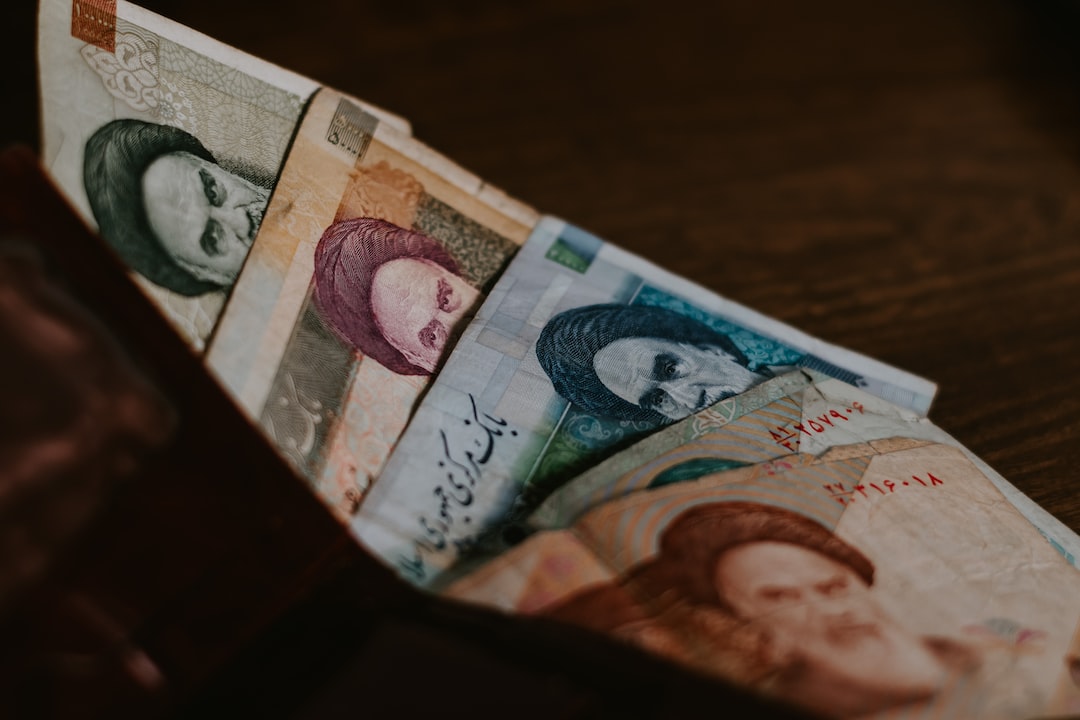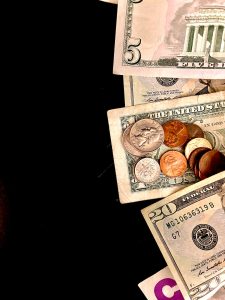Forex, short for foreign exchange, is the market where currencies are traded. It is the largest and most liquid financial market in the world, with an average daily trading volume of $5.3 trillion. But why does forex exist? What is the purpose of this market? In this article, we will explore the reasons behind the existence of forex.
The origin of forex can be traced back to ancient times when people started exchanging goods and services with each other. The concept of money emerged as a medium of exchange, and different currencies were developed. As trade and commerce expanded across borders, the need for exchanging currencies arose. Forex emerged as a market where different currencies could be exchanged for one another.
The primary purpose of forex is to facilitate international trade and investment. When businesses engage in international trade, they need to exchange one currency for another to pay for goods and services. For example, a US-based company that imports goods from China needs to pay for those goods in Chinese Yuan. The company would exchange US dollars for Chinese Yuan in the forex market to complete the transaction.
Forex also serves as a platform for investors to speculate on the value of currencies. Currencies are constantly fluctuating in value, and investors can profit by buying and selling currencies at different prices. For example, if an investor believes that the value of the US dollar will increase compared to the Euro, they can buy US dollars and sell Euros in the forex market. If the value of the US dollar does increase, the investor can sell their US dollars for a higher price than they bought them and make a profit.
Another reason for the existence of forex is to provide liquidity to the global financial system. Liquidity refers to the ease with which assets can be bought and sold without affecting their price. The forex market is highly liquid, meaning that there are always buyers and sellers willing to trade currencies. This liquidity helps to stabilize the global financial system and ensures that currencies can be exchanged quickly and efficiently.
Forex also provides a platform for central banks to manage their domestic currencies. Central banks are responsible for maintaining stable prices and low inflation in their respective countries. They can intervene in the forex market by buying or selling currencies to influence their value. For example, if a central bank wants to weaken their domestic currency to make their exports more competitive, they can sell their currency in the forex market.
In conclusion, forex exists to facilitate international trade and investment, provide a platform for investors to speculate on currency values, provide liquidity to the global financial system, and enable central banks to manage their domestic currencies. The forex market is a crucial component of the global financial system, and its importance will only continue to grow as international trade and investment increase.





